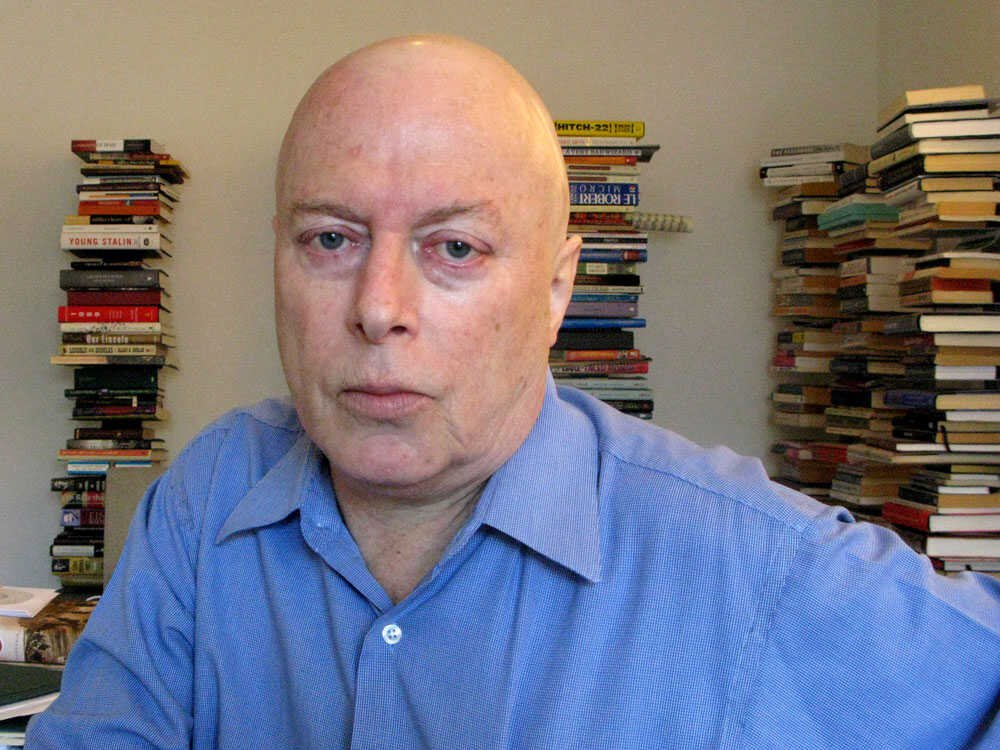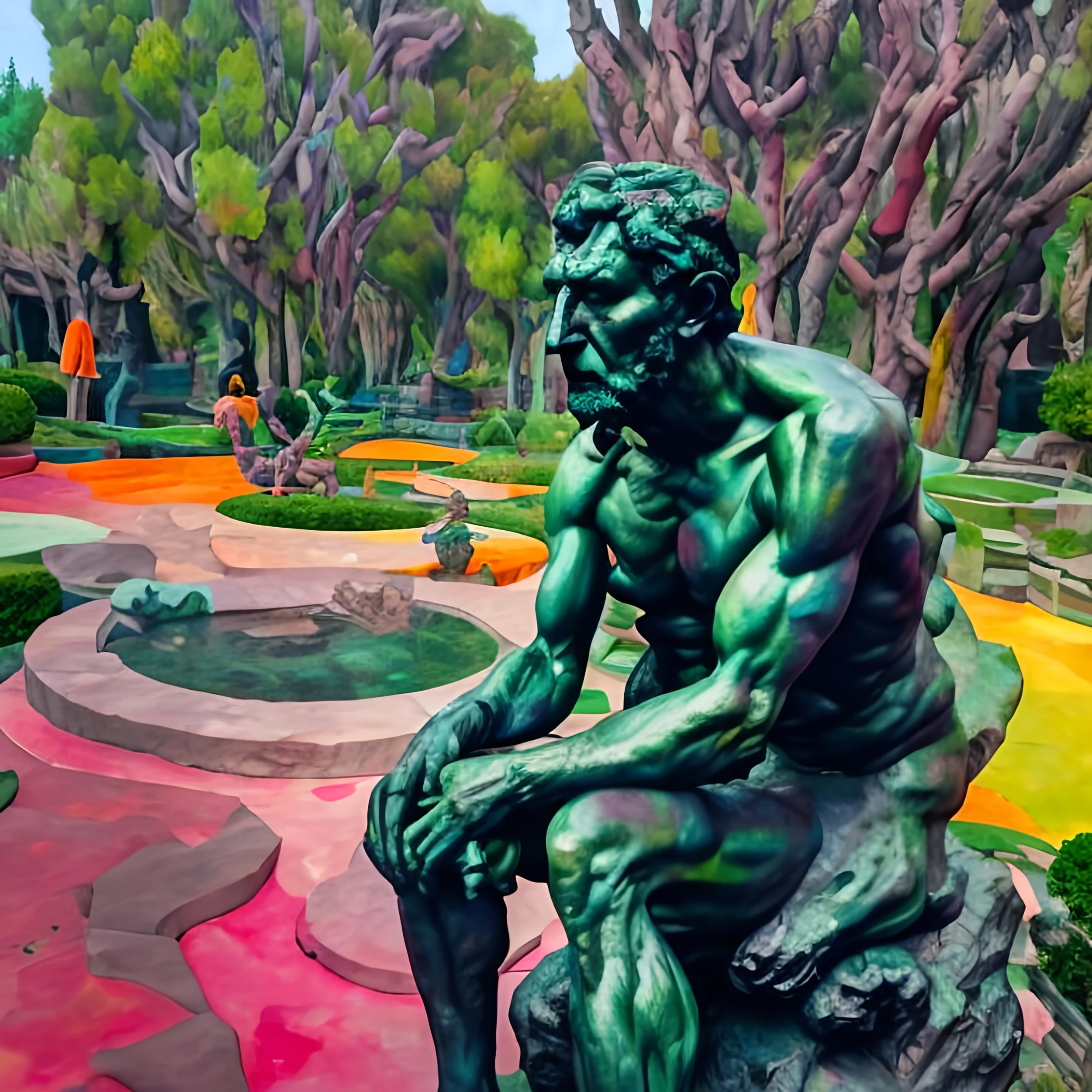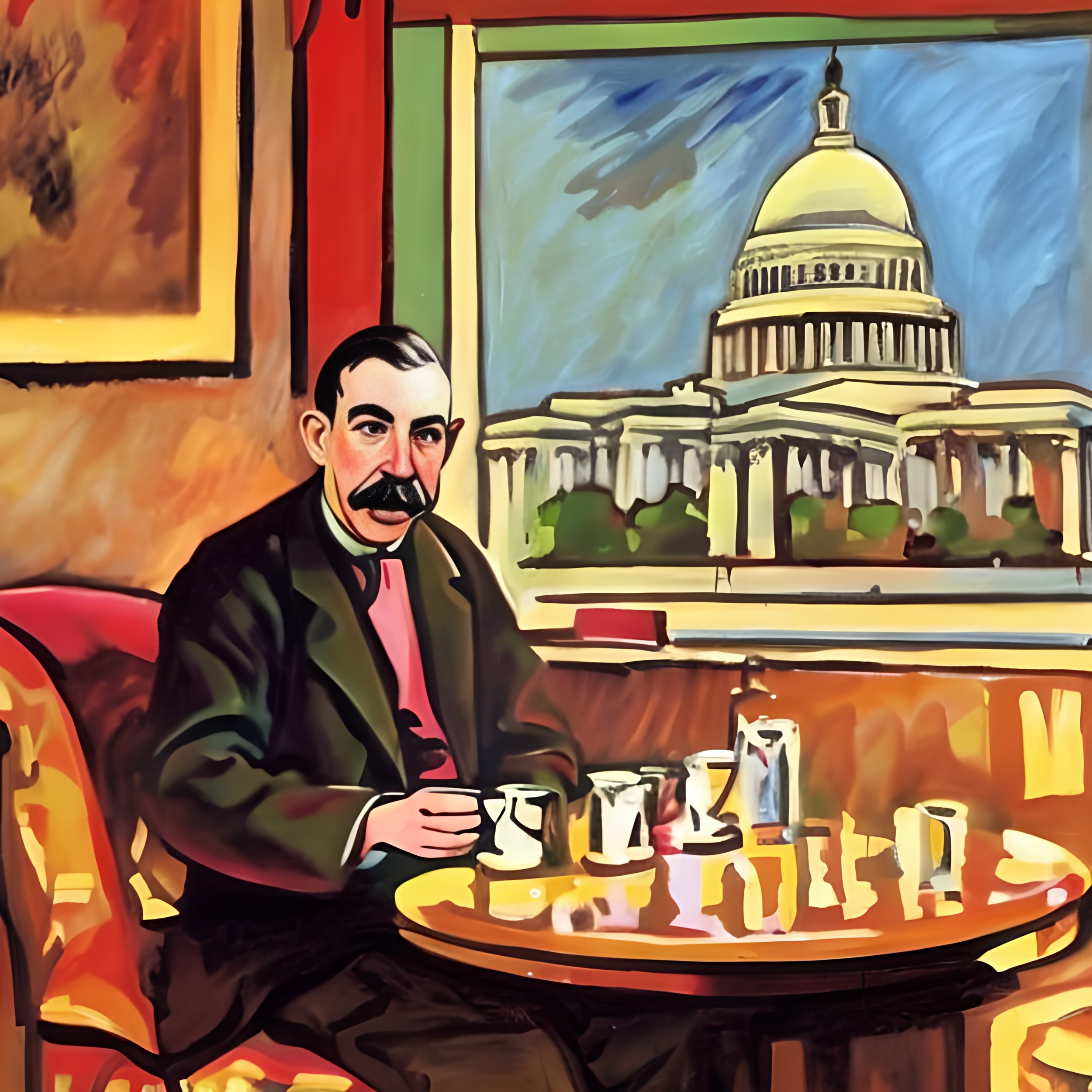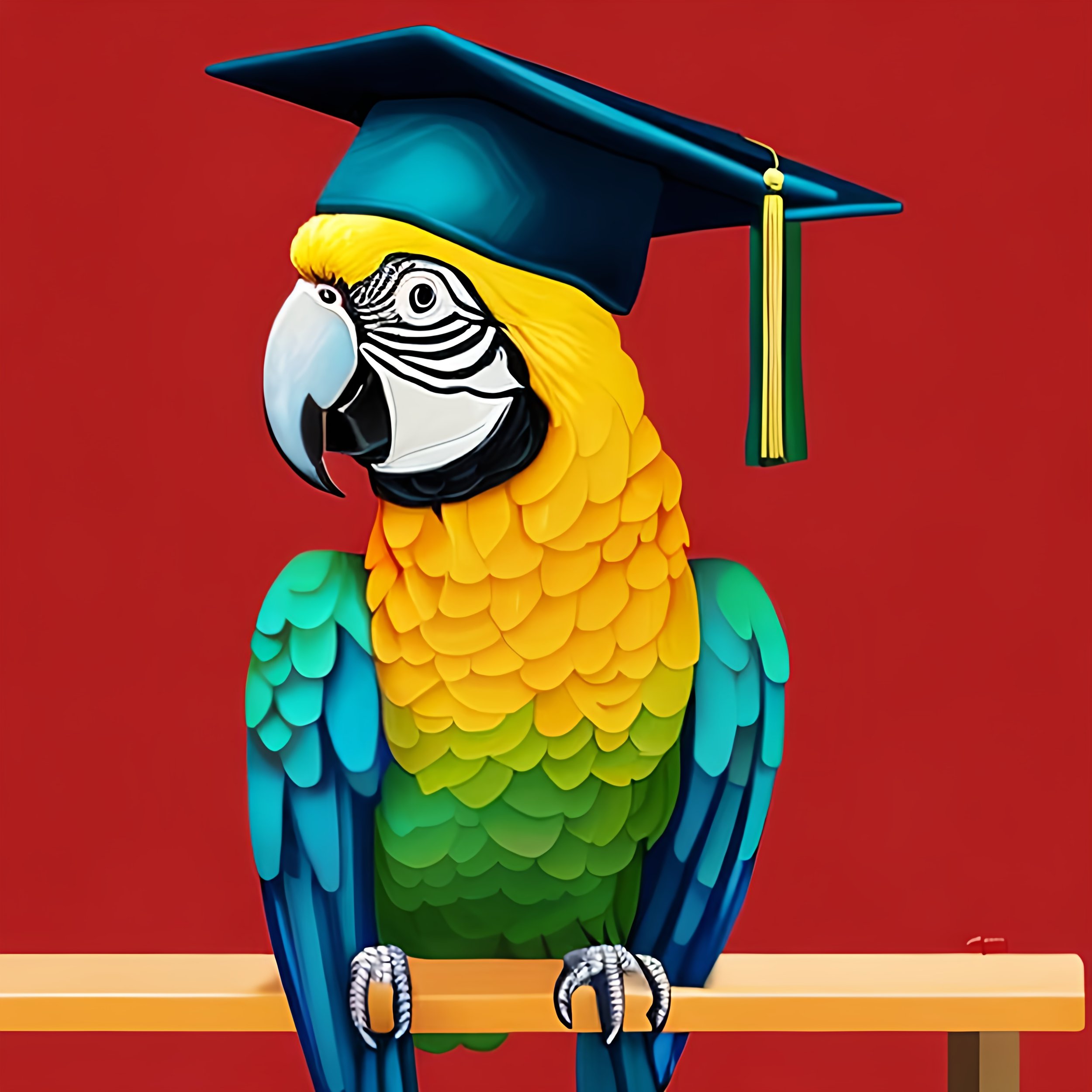Homework For My Religious Friends Who Think They Are Atheists (Metaphorically Speaking) And Defenders Of The Status Quo.
For the PomPom Boys.
PomPom Boy: A mansplaining cheerleader for the status quo who hasn’t learned anything in twenty years because he thinks he has nothing more to learn.
A Broad Definition of Religion:
Religion is a complex and multifaceted concept encompassing many beliefs, practices, rituals, and values centered around the relationship between humans and the transcendent or sacred. It often involves a set of shared assumptions about the nature of reality, the purpose of human existence, moral and ethical principles, and the presence of supernatural or divine beings or forces. (Economics = Magic) Religion plays a significant role in shaping individuals' worldviews, providing a framework for understanding the cosmos and guiding their behavior and interactions within society. Different religions vary greatly in beliefs, practices, rituals, and organizational structures.
Idiomatic Usage:
The term "religion" is also used idiomatically to refer to a deeply held commitment or devotion to a particular belief or pursuit. In this sense, it might be used more broadly to describe a passionate attachment to principles, values, or practices. For example, someone might say "football is his religion" to indicate that the person is highly dedicated to the sport, treating it with the same zeal and devotion that one might associate with religious observance.
Overall, Religion is a concept that holds both diverse cultural and spiritual meanings as well as symbolic significance in various contexts, and its interpretation can vary depending on cultural, philosophical, and personal perspectives.
“If you are not willing to be a fool, you can't become a master.”
― Jordan B. Peterson
One gets one's "Religion," broadly speaking, from one's Parents, Community, Education, Experiences, Incentives, Literature, Fears, etc.
“The Tyndale/King James translation, even if all its copies were to be burned, would still live on in our language through its transmission by way of Shakespeare and Milton and Bunyan and Coleridge, and also by way of beloved popular idioms such as “fatted calf” and “pearls before swine.” It turned out to be rather more than the sum of its ancient predecessors, as well as a repository and edifice of language which towers above its successors.” — Christopher Hitchens
Christopher Hitchens
Below are thinkers one must know to understand one's inherited socio-political-economic Religion.
This list is far from comprehensive. Ouch!
If you have not taken Political Philosophy 101 at University, start here:
Open Yale Courses
Introduction to Political Philosophy
I have shared this course for many years. It’s accessible and entertaining.
Political Philosophers:
Jean-Jacques Rousseau (1712–1778): Rousseau's work "The Social Contract" emphasized the idea of the general will and the importance of individual freedom within a collective society. People should participate directly in decision-making to achieve a just society. (How is he misunderstood to support a self-serving, profits-first ideology that doesn't want to recognize that he was also a moral philosopher? The New Right hates him. Why?)
John Locke (1632–1704): Locke's "Two Treatises of Government" advocated for the natural rights of life, liberty, and property. He argued that government should be limited and based on the consent of the governed, paving the way for modern liberalism. (How has modern liberalism created horrific destruction and externalities contrary to the value of the complex web of life we depend on and are part and parcel of? Can you think of more questions like these. Don't look in The Economist Magazine. Find new sources.)
Immanuel Kant (1724–1804): Kant's political philosophy focused on individual autonomy and the importance of moral principles in politics. His work contributed to developing concepts related to human rights and international law. (Why is "Kantian" a big deal? People have spent their whole careers critically dissecting his thought.)
Karl Marx (1818–1883): Marx's "The Communist Manifesto" and "Das Kapital" laid the foundation for modern communism. He analyzed class struggle, capitalism, and historical materialism, leading to the emergence of Marxism as a political and economic ideology.
John Stuart Mill (1806–1873): Mill's "On Liberty" and "Utilitarianism" defended individual liberty and argued for the greatest good for the most significant number. He championed women's rights and promoted the idea of representative democracy. (Why do Reactionary political thinkers and The New Right or The Heterodox Right dislike Utilitarianism?)
In between John and Hannah, we juxtapose the following two Political Philosophers:
Max Weber (1864–1920) was a German sociologist, philosopher, and political economist widely regarded as one of the founding figures of modern sociology. His work covers a broad range of topics, including social theory, politics, economics, Religion, and bureaucracy. Weber's ideas have profoundly influenced various fields, and his work remains relevant in contemporary discussions about social structures and dynamics.
One of Weber's key contributions is his concept of the "ideal type," a conceptual construct used to understand and analyze complex social phenomena. Ideal types are abstract models that help researchers make sense of the real world by simplifying and clarifying certain aspects of social reality.
Weber is best known for his work on the social action theory. He classified social actions into four types:
1. Instrumentally Rational Action: Action driven by a calculation of means and ends, where individuals make choices based on the most efficient way to achieve their goals.
2. Value-Rational Action: Action guided by a belief in a particular action's inherent value or worthiness, regardless of its practical consequences.
3. Affectual Action: Action is driven by emotions rather than rational calculations or values.
4. Traditional Action: Action dictated by custom, habit, or tradition, often without considering alternatives.
Weber's analysis of these actions helps explain the complex motivations behind human behavior and social interactions.
Another central concept in Weber's work is the notion of "social stratification" and the idea that various factors, such as wealth, power, and prestige, lead to the unequal distribution of social resources. He introduced the concept of "class, status, and party" to describe the different dimensions of social inequality. "Class" refers to economic differences, "status" to social honor and prestige, and "party" to political power and influence.
Weber also explored the role of Religion in shaping societal values and economic development. His book "The Protestant Ethic and the Spirit of Capitalism" (1905) argued that certain forms of Protestantism, particularly Calvinism, played a role in promoting a work ethic that contributed to the rise of capitalism in Western societies.
Weber's discussions on bureaucracy have been influential in understanding organizational structures and governance. His analysis of the characteristics of bureaucracy, such as hierarchy, division of labor, and formal rules, highlighted both the advantages and potential problems associated with bureaucratic systems.
Max Weber's work is characterized by its interdisciplinary nature, emphasis on understanding the motivations behind human behavior, and exploration of the complex interplay between social, economic, political, and cultural factors. His ideas continue to shape modern social theory, leaving an indelible mark on the study of society and its various facets.
People still spend their careers analyzing and critiquing Max Weber’s work.
Foundations of Modern Social Theory - Audio
By Iván Szelényi
James Burnham (1905–1987) was an American political philosopher, political scientist, and writer known for his works on political theory and international relations. One of his most well-known books is "Suicide of the West: An Essay on the Meaning and Destiny of Liberalism," published in 1964. In this book, Burnham presents a critical analysis of liberal democratic societies and their vulnerabilities.
"Suicide of the West" examines the challenges that Burnham believed liberal societies faced due to their internal contradictions and the inherent weaknesses of liberalism itself. He argued that liberalism's emphasis on individual rights, freedoms, and material progress had led to unintended consequences that threatened the stability and survival of these societies. Some key points from the book include:
1. Liberalism's Internal Contradictions: Burnham identified what he saw as paradoxes within liberal thought. For example, he noted that the emphasis on individual liberty and equality could erode social cohesion and collective purpose. He believed liberalism's focus on individualism sometimes undermined the sense of community necessary for a healthy society.
2. Erosion of Values and Morality: Burnham argued that the relentless pursuit of material wealth and personal gratification, often associated with liberalism, could weaken traditional values and ethical norms. He believed a society overly focused on individual self-interest could lose its moral compass.
3. Challenges of Overextension: Burnham warned against the dangers of overextending the liberal democratic project, particularly in international relations. He believed that a naive faith in the universality of liberal values could undermine national interests and security.
4. Rise of the Managerial Elite: One of the notable concepts in Burnham's work is the idea of the "managerial revolution." He argued that modern societies are increasingly characterized by a new class of technocrats, bureaucrats, and experts with significant power and influence. He suggested that this managerial class might prioritize their interests over democratic processes.
5. Threats from Totalitarianism: Burnham was concerned about the ideological competition between liberal democracies and totalitarian regimes, particularly the Soviet Union. He believed that liberals were often complacent or misguided in their approach to countering the ideological challenges posed by totalitarian ideologies.
"Suicide of the West" attracted both praise and criticism. Some appreciated Burnham's thought-provoking analysis of the potential vulnerabilities of liberal societies, while others criticized his portrayal of liberalism and his proposed alternatives. Despite the controversies, the book remains influential for exploring the tensions between individualism, social cohesion, and the challenges posed by modernity.
Burnham's broader work spanned geopolitics, international relations, and the nature of power. He was associated with the "realist" school of political thought, which emphasizes the role of power and national interests in international affairs. Burnham's ideas continue to be discussed and debated by scholars interested in political theory, conservative thought, and the dynamics of modern societies.
James Burnham's book "The Machiavellians: Defenders of Freedom" (1943) is a collection of essays in which he examines the political theories and ideas of several critical thinkers from the early 20th Century who, in his view, offered realistic and often controversial insights into power, governance, and the nature of society. The book explores the Machiavellian political approach, emphasizing a pragmatic understanding of power dynamics and human behavior.
The thinkers analyzed in "The Machiavellians" include Vilfredo Pareto, Gaetano Mosca, Georges Sorel, Robert Michels, and Max Weber. Burnham highlights their critiques of conventional political ideologies and their emphasis on the role of elites, power struggles, and manipulating public sentiment in the functioning of political systems. Here's a summary of the main ideas from the book:
1. Pareto's Circulation of Elites: Burnham discusses Pareto's theory of the "circulation of elites," which suggests that different elites rise to power over time, but power distribution remains relatively stable. Pareto rejected the idea of democratic equality, emphasizing the importance of understanding the complex dynamics of power and influence.
2. Mosca's Theory of Political Classes: Mosca's theory centers on the idea that a ruling class and a subordinate class characterize societies. He believed that regardless of the type of government, a Ruling Elite would always emerge to maintain control.
3. Sorel's Syndicalism: Burnham explores Sorel's concept of "myth" and his advocacy for using revolutionary syndicalism to disrupt established political structures. Sorel rejected parliamentary democracy and believed in the power of mobilizing the working class through mythic ideals.
4. Michels' Iron Law of Oligarchy: Michels is known for his theory that all organizations, including political parties and labor unions, tend to become dominated by a small group of leaders. This "iron law of oligarchy" challenges the idea of participatory democracy and highlights the concentration of power within organizations.
5. Weber's Theory of Authority: Burnham discusses Weber's classification of authority into three types: traditional, charismatic, and legal-rational. Weber's work focused on understanding the sources of legitimacy in governance and how power is maintained.
In "The Machiavellians," Burnham identifies a common thread among these thinkers—a recognition of the role of power, the importance of understanding the dynamics of political systems, and a skepticism toward idealistic and utopian notions of governance. Burnham sees these thinkers as providing a realistic understanding of political realities, emphasizing the need for a pragmatic approach to both analysis and action.
The book illuminates these lesser-known theorists' contributions and challenges prevailing assumptions about political theory and human nature. Burnham's work remains relevant in discussions about political realism, the nature of elites, and the complexities of power in modern societies.
Hannah Arendt (1906–1975): Arendt's works, such as "The Human Condition" and "The Origins of Totalitarianism," explored the nature of power, authority, and the dangers of totalitarianism. She emphasized the importance of public action and political participation.
Influential Economists:
Adam Smith (1723–1790): Often regarded as the father of modern economics, Smith's "The Wealth of Nations" laid the groundwork for classical economics. He promoted the idea of the invisible hand, which suggests that self-interest can lead to societal benefit through market mechanisms.
David Ricardo (1772–1823): Ricardo's theory of comparative advantage, outlined in "Principles of Political Economy and Taxation," explained how countries could benefit from specializing in producing goods with relative efficiency, leading to gains from trade.
John Maynard Keynes (1883–1946): Keynesian economics, as outlined in "The General Theory of Employment, Interest, and Money," advocated for government intervention during a recession to stimulate demand and maintain full employment.
Friedrich Hayek (1899–1992): Hayek's "The Road to Serfdom" warned against the dangers of central planning and advocated for a market-based approach to economic organization. He was a key figure in the development of neoliberal thought.
Milton Friedman (1912–2006): Friedman's monetarist ideas emphasized the importance of controlling the money supply to manage inflation. His work also contributed to the notion that markets are efficient and that government intervention should be minimized.
John Kenneth Galbraith (1908–2006): Galbraith's work critiqued conventional economic thought and focused on the influence of corporate power in modern economies. His book "The Affluent Society" discussed inequality and consumer culture issues.
Amartya Sen (b. 1933): Sen's contributions to welfare economics and development theory led to the development of the capability approach, which focuses on improving individuals' opportunities and well-being. He emphasized the importance of human rights and social justice.
Paul Krugman (b. 1953): Krugman's research on international trade, economic geography, and macroeconomics earned him a Nobel Prize. He's known for his accessible writing on economic issues, making him influential both in academia and the public sphere. (A "POP" economist, clerk for the Status Quo, and servant of The Players.)
Thomas Piketty (b. 1971): Piketty gained attention with his book "Capital in the Twenty-First Century," which analyzed wealth and income inequality over time. His work sparked discussions on wealth distribution and capital's role in shaping economies.
Elinor Ostrom (1933–2012): Ostrom's research challenged the traditional "tragedy of the commons" concept by highlighting the effectiveness of local, community-based management of shared resources. She won the Nobel Prize in Economics for her contributions to understanding institutional arrangements.
These figures have significantly impacted political philosophy and economics, shaping how we think about society, governance, and economic systems — the Religion required to control Plebs and Proles and maintain their hunger for consumer goods.
Lastly, let's consider Leo:
Leo Strauss (1899–1973) was a German-American political philosopher known for his influential scholarship on classical political philosophy, the tension between philosophy and Religion, and the interpretation of great thinkers such as Plato, Aristotle, and Machiavelli. His ideas have significantly impacted political theory, and his work has sparked various interpretations and debates among scholars.
Some key aspects of Strauss's work and thought include:
1. Classical Political Philosophy: Strauss believed that studying classical political philosophy, particularly the works of Plato and Aristotle, offered valuable insights into perennial questions about politics, morality, and human nature. He emphasized the importance of understanding the historical and cultural context in which these philosophers wrote.
2. The Perennial vs. the Modern: Strauss contrasted the classical understanding of political philosophy, which focused on examining timeless truths and moral principles, with the modern approach that often questioned or rejected traditional values. He was critical of the relativism and skepticism he saw as prevalent in modern thought.
3. Esoteric Reading: Strauss is known for his theory of "esoteric writing" or "hidden teaching." He argued that some great thinkers wrote with a surface meaning intended for the general public and a deeper, hidden meaning intended for a select few who could understand the complexities of their thought. This idea has generated much debate and controversy.
(Hello NRx. Can you know what the Gnostic thinks?)
4. Philosophy and Religion: Strauss explored the relationship between philosophy and Religion, particularly in his analysis of medieval and early modern philosophers like Maimonides and Spinoza. He questioned whether there was an inherent conflict between reason and faith and examined how philosophers navigated the tensions between the two.
5. Critique of Modernity: Strauss was critical of the Enlightenment's emphasis on reason and secularism. He believed that abandoning traditional religious and moral foundations in modern thought led to a loss of moral certainty and a potential decline of society.
(How do you find your moral relativism, post, post-modernism, WOKE, and PC? Is it safe? Are they diamonds in the rough?)
6. Straussian Interpretation: The "Straussian" approach to interpreting texts involves close attention to the nuances of a text, an exploration of the author's intent, and an awareness of the historical context. Strauss's work has influenced generations of scholars who employ this method to engage with classical texts and uncover hidden meanings.
Strauss's ideas have inspired diverse interpretations and led to the development of what is often referred to as "Straussianism." Scholars influenced by Strauss have applied his methods to analyze a wide array of philosophical and political works, sometimes leading to intense debates about the accuracy and intent of his interpretations.
Leo Strauss's contributions to political philosophy have shaped the way scholars approach and interpret classical texts. His ideas continue to provoke discussions about the relationship between philosophy, politics, and tradition in the modern world.
How familiar are you with this mundane list of thinkers you probably encountered at University? Many more, far less referenced writers, thinkers, and philosophers have equally profound ideas.
Most people have never heard of them, much less read them and thought critically about their work.
We take for granted our economic beliefs in the same way that people have faith in Religion. That is to say, uncritically.
If you can't relate to and think critically about these thinkers' contributions when you speak of these subjects (perhaps out of laziness or ignorance), you are mindlessly parroting the "Catholic Mass," A.K.A. popular media, and its entertainers.
Next, I could mention political philosophers and heterodox economists from the 21st Century. But I'll save that for another time.
And let's also ignore our understanding of Science, Evolution, Genetics, Epigenetics, Complexity, Systems, Structures, Psychology, Anthropology, Medicine, Neurology, Endocrinology, Technology, Engineering, Materials, Energy, etc., as if those domains might shed light on our inherited Religion.
Sapolsky, Singer, Buckminster Fuller, Vandana Shiva, Nietzsche, Aurobindo, Hobbes, Heidegger, Bateson, Schrödinger, Radhakrishnan, Heisenberg, Oppenheimer, Bohr, Sagan, Tesla, Feynman, Roy, Mishima, — who are they?
And let's not go Ancient, and never go East: Khaldun, Lao Tsu...
Hey, Rational Actor, you amazingly talented individual. Where did you pull your Religion out of? "And who's the best driver you ever saw?"
"Humility is the solid foundation of all virtues."
— Confucius
Let’s look at Economics through the ENERGY Lens, and disabuse ourselves from previous Ideological Pits.
Video description
On this Reality Roundtable, Nate is joined by Jon Erickson, Josh Farley, Steve Keen, and Kate Raworth - all of whom are leading thinkers and educators in the field of heterodox economics. In this lively discussion, each guest begins by sharing one fundamental aspect of what conventional economic theory gets wrong and how it could be improved in our education system. What basic assumptions about humans have led to a misunderstanding of the average person’s decision-making? What areas have (mainstream) economic theory turned a blindspot to as the foundation of our economic systems? Who is finding the models and systems that economists have created useful - and how does economics as a discipline need to change in the face of a lower energy future? In short, what we teach our 18-22-year-olds around the world matters greatly. About Jon Erickson: Jon Erickson is the David Blittersdorf Professor of Sustainability Science & Policy at the University of Vermont. He has published widely on energy and climate change policy, land conservation, watershed planning, environmental public health, and the theory and practice of ecological economics. He advised presidential candidate Bernie Sanders on economics and energy issues.
About Josh Farley: Joshua Farley is an ecological economist and Community Development & Applied Economics and Public Administration professor at the University of Vermont. He is the President of the International Society for Ecological Economics.
About Steve Keen: Steve Keen is an economist, author of Debunking Economics and The New Economics: A Manifesto. He is a Research Fellow at the Institute for Strategy, Resilience, and Security at University College in London.
About Kate Raworth: Kate Raworth describes herself as a renegade economist focused on making economics fit for 21st-century realities. She is the creator of the Doughnut of social and planetary boundaries, and co-founder of Doughnut Economics Action Lab, based on her best-selling book Doughnut Economics: 7 Ways to Think Like a 21st Century Economist. Kate is a Senior Associate at Oxford University’s Environmental Change Institute, where she teaches the Masters in Environmental Change and Management. She is also a Professor of Practice at the Amsterdam University of Applied Sciences. She is a member of the Club of Rome and currently serves on the World Health Organisation Council on the Economics of Health for All.
For the PomPom Boys.











